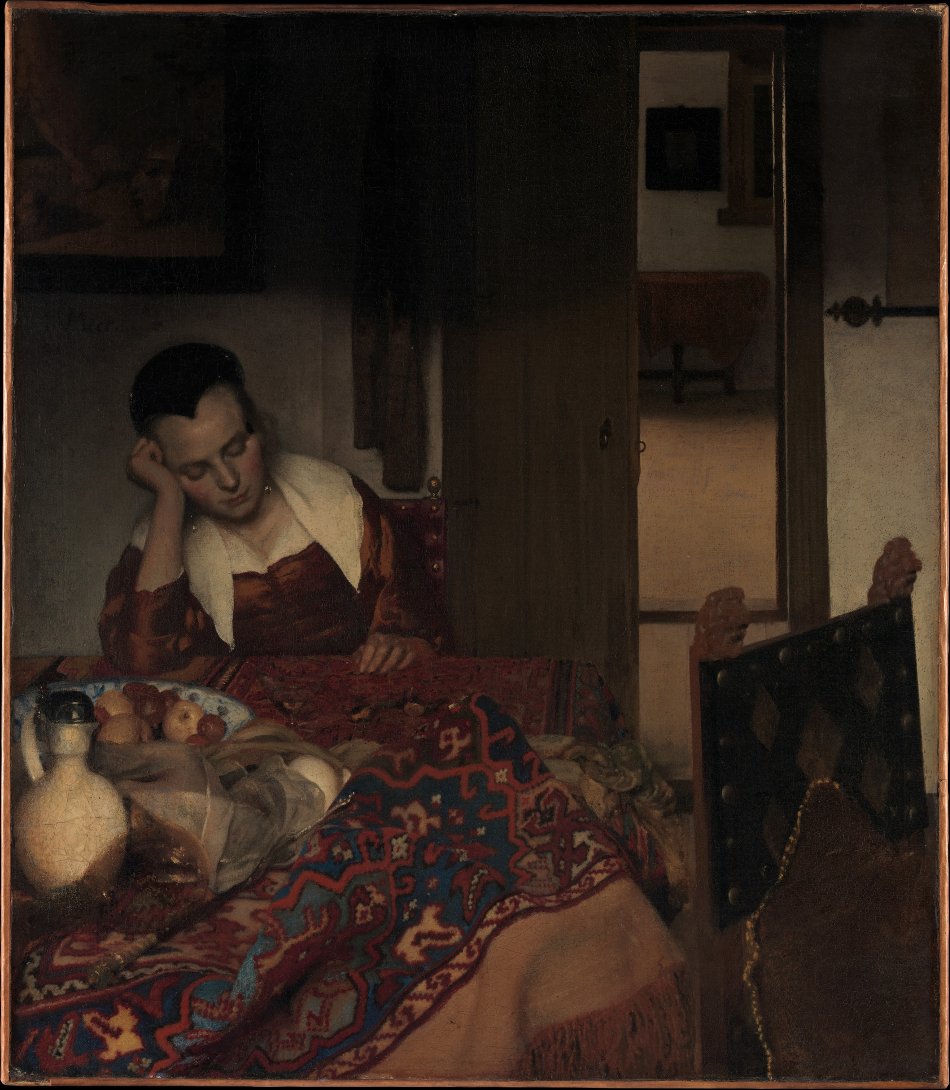“I pledge allegiance to the flag of the United States of America and to the republic for which it stands—one nation, under God, indivisible—with liberty and justice for all.”
The New York Times reported on February 19, 2019 that an 11-year-old African American child in Florida was arrested for his behavior after refusing to stand and recite the pledge of allegiance. When a teacher confronted him for not standing, and then told him he should live somewhere else if he didn’t want to recite the pledge, he reacted and was arrested for his disruptive behavior. I’m on the kid’s side. This post explains why.
The original version of the pledge of allegiance was published on September 8, 1892. The pledge was the result of a collaboration between a junior partner in a publishing company and a Baptist minister whose socialist ideas got him fired from his church. The pledge assumed a central place in nationwide school ceremonies associated with the first Columbus Day celebration. It seems to me that astute observers should have raised questions about pairing a pledge of allegiance with the celebration of someone who extinguished a culture, promoted slavery, and engaged in tyrannical colonialism. Oh how we overlook relevant details.
Even though there was little controversy at the time, Jehovah’s Witnesses started challenging regulations requiring compulsory recitation of the pledge, arguing that the allegiance contravened biblical injunctions. In 1943, as a result of their challenges and others, the U.S. Supreme Court ruled in West Virginia Board of Education v. Barnett that citizens could not be forced to confess their loyalty to the nation. It appeared that the pledge may be on its way out.
In 1953, however, instead of prohibiting mandatory pledges. the U.S. House of Representatives doubled down by passing legislation that added the words “under God” to the pledge—further compounding the problem. President Dwight D. Eisenhower signed it into law on Flag Day, June 14, 1954. Dissenters have argued over the years that the change violated the First Amendment clause that “Congress shall make no law respecting an establishment of religion.” Coincidentally, the Supreme Court’s landmark decision in Brown vs. Board of Education of Topeka declaring state laws establishing separate public schools for black and white students to be unconstitutional also occurred in 1954.
As it stands today, the “under God” clause remains in the pledge, the 1943 ruling still holds that citizens cannot be forced to confess their loyalty to the nation or to any religion, and the Brown v. Board of Education decision is still the law. Sadly, however, children throughout the country are still beginning their days in largely segregated schools by reciting the pledge of allegiance.
Why am I calling this history to your attention? Well, while I was walking my dog the other day (before I read the NYT story on the arrest of an 11-year-old child), I heard all the children of the private school my grandkids attend reciting the pledge in their morning meeting held outside in February—this is San Diego after all. As their words echoed around the pristine neighborhood, it struck me that the recitation was not only a mindless exercise but also a destructive ritual. While I don’t intend to urge my 7-year-old grand-kids to pull a Colin Kaepernick by kneeling during the next pledge with their heads down to protest blind nationalism and religious intrusion, I want to challenge the belief that national allegiance and religious obedience are good ideas. For the record, I do happen to believe that Kaepernick was justly exercising his right to protest police brutality and racial inequality when he kneeled during the national anthem of an NFL game.
Three things bug me about the pledge. First, I don’t like the idea of pledging allegiance to any nation or religion. Allegiance rings too much like obedience to me, and obedient is not a word my friends or family would use to describe me. Quite the contrary, psychologists would probably say I’m ODD, i.e. disposed to Oppositional Defiance Disorder (and maybe a bit odd as well). Is it any wonder I never lasted more than two years in any institutional role with the exception of marriage?
Second, “under God” and “indivisible” represent magical thinking at its worst. The 1954 decision to insert “under God, into the pledge suggests that Americans are somehow divinely favored children. That must feel offensive to about 7 billion people on earth and reinforces the American fantasy of exceptionalism. And the word “divided” would be a more accurate description of where we are as a country today. We are hardly indivisible.
Third, “with liberty and justice for all” is simply a lie. We are a country founded on genocide and slavery with its evil remnants still plaguing society. If we were to slightly modify the statement to read “with liberty and justice for the richest and most privileged 10%,” it would be a more accurate reflection of who we are.
So what is my point? Let’s stop requiring our children to recite falsehoods dictated from above and start encouraging them to create aspirational statements in their own communities that reflect who they want to become as individuals and as a collective group of citizens. Instead of imposing empty myths from ancient white men, we should be helping diverse student bodies generate their own vision of who they are and who they want to become.
To me, requiring kids to recite this antiquated pledge is not only wrong in and of itself, but is also symbolic of a larger issue. Imposing top down demands by the few instead of welcoming bottoms-up aspirations from the many leads to trouble. Think British Colonialism, the French Revolution, the American Revolution, the Civil War or any other revolution. Most were caused by people in power trying to impose their views and policies on people with less power. And personally, as a Vietnam Vet, I understand all too intimately what happens when old, white men impose their will on young kids.
So let’s get rid of the allegiance and promote community-generated aspirations to build a healthier society. It seems to me we should be encouraging mindful patriotism (e.g. questioning authority, honoring what’s good about the country, and challenging each other to higher ideals) vs. imposing mindless nationalism (e.g. blindly pledging allegiance, harshly demanding conformity and compliance, and refusing to acknowledge deficits). Technically, patriotism is defined as a sense of pride, love, devotion, and attachment to a homeland and alliance with other citizens who share the same sentiment. Nationalism is a political, social, and economic ideology that promotes the interests of a particular nation and fosters traditional cultures. To me, patriotism is about continually creating a new and better society, whereas nationalism is about preserving old values and norms independent of their current relevancy. Clearly, I am a patriot, not a nationalist.
Simply as a stimulus (modified from UU principles), here are some examples of what I would think school communities might aspire to in their creation of a new society:
- In our community, we respect the human worth and dignity of every person.
- In our community, we promote equality and fairness.
- In our community, we practice radical acceptance of ourselves and each other.
- In our community, we encourage physical, emotional, intellectual, and spiritual growth.
- In our community, we promote the free and responsible search for truth and meaning.
- In our community, we insist on democratic processes.
- In our community, we treat each other with love and compassion.
- In our community, we build interdependent relationships in pursuit of the common good.
- In our community, we protect the environment.
- In our community, we are grateful for the gifts we have been given.
- In our community, we forgive each other for mistakes.
- In our community, we feel safe from physical and emotional violence.
I can only imagine what school children would come up with if they were given the freedom to create their own statements of aspiration. I can only imagine what it would be like to walk past a school and hear the children singing enthusiastically about their aspirations. I can only imagine what actions these students would take if they were free to create norms of their own choosing instead of being forced to obey rules of others’ choosing. I can only imagine schools that promoted patriotism instead of nationalism. May we let these imaginations become our reality. Perhaps a good place to start would be to quit arresting 11-year-olds for asserting their constitutional rights.




Right on my man, but your post propels me into further depths of depression as I know that this won’t happen, at least in our lifetimes. I fear that you and I will perish before any substantive “correction” in the path our country is on due to the absurd body politic existing presently. RBI